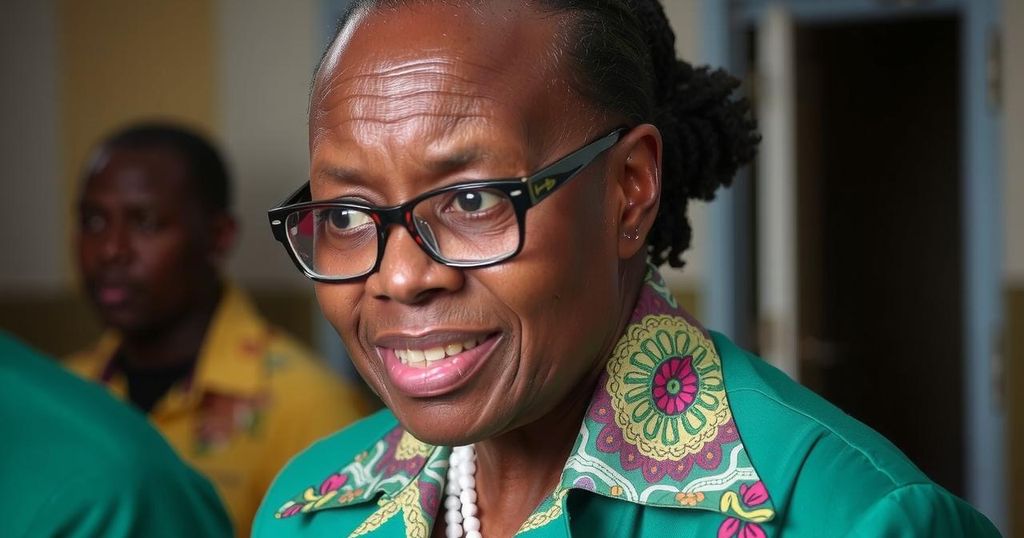Fear and Uncertainty Reign in Maputo Amid Post-Election Turmoil
Maputo is grappling with fear and shortages following post-election violence tied to the ruling party’s disputed victory. Residents are facing looting, a lack of basic necessities, and increased rumors of crime, exacerbated by the escape of over 1,000 inmates. Community patrols have emerged in response to heightened security concerns, reflecting the anxiety permeating daily life in the city.
Maputo, the capital of Mozambique, struggles to return to normalcy as residents contend with fear and uncertainty in the wake of post-election violence. Following the announcement of disputed electoral results that confirmed the ruling Frelimo party’s victory, violence erupted, leading to widespread looting and vandalism. Basic necessities like food, fuel, and medicine are increasingly scarce as citizens grapple with rumors of crime, exacerbated by the escape of over 1,000 inmates from a maximum-security facility.
Despite a lack of verified reports of violent attacks, a heightened sense of alarm prevails among residents, prompting community members to organize patrols. Individuals such as Maria Amelia recounted their frightful experiences amid unconfirmed reports of armed intruders. “I saw my neighbors, armed with knives to defend themselves against these invaders. But I didn’t see anyone. I was terrified,” shared Amelia. Her sentiment was echoed by Armand Tembe, who admitted to feeling frightened although he had not encountered any actual threats.
The situation is compounded by remarks from the police chief regarding the possibility of detainees visiting homes, which has led some observers, like expert Borges Nhamirre, to speculate about potential government manipulation of the situation to mitigate social unrest. Opposition leader Venancio Mondlane has voiced his condemnation of the October 9 election results as fraudulent. Such unrest resulted in over 125 deaths during the riots according to local NGO Plataforma Decide.
Amidst the chaos, residents are cautiously venturing out in search of basic supplies; many stores remain closed after days of disruption. Isabel Rocha explained her predicament, stating, “The bakeries have been closed for four days. In fact, we lack everything. Even the small grocery stores are closed.” As the military works to clear roads and dismantle makeshift barricades, the situation remains tenuous as Maputo’s residents seek to rebuild their lives amid the remnants of civil disorder.
Following the disputed elections in Mozambique, the ruling party’s confirmation of victory ignited extensive protests and civil unrest in Maputo. The situation escalated with the mass escape of inmates, creating widespread fear of crime. The unrest has exposed underlying tensions within the populace regarding the government’s legitimacy. Citizens, feeling increasingly vulnerable, have taken up arms—figuratively and literally—as they seek to protect themselves amidst a backdrop of social and political strife.
In summary, Maputo is experiencing a challenging period marked by fear and chaos following the ruling party’s disputed electoral victory and subsequent violence. Residents’ apprehensions are heightened by unverified reports of armed criminal activity, prompting community defense measures. As the population grapples with shortages of essential goods and services, the ramifications of civil unrest continue to unfold, with political implications that may resonate far beyond the immediate crisis.
Original Source: www.barrons.com




Post Comment